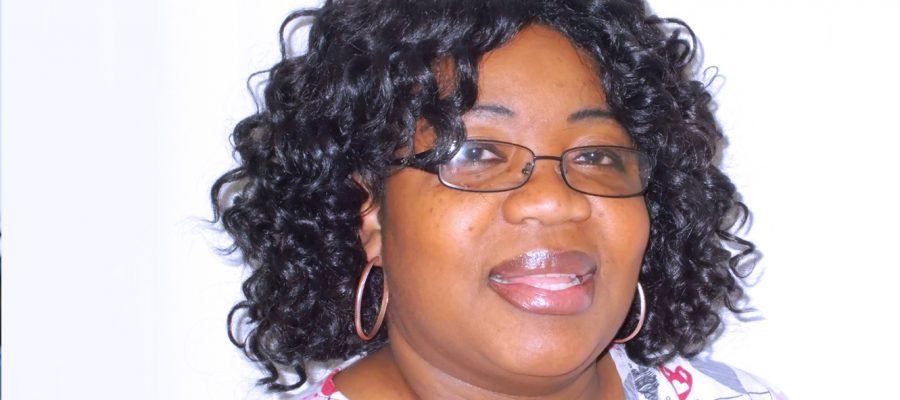 Most people have heard the term “HIPAA” but they may not know what it means or how it relates to their personal life (as a side note, it’s often misspelled ‘HIPPA’). Although it’s not well understood, HIPAA-compliance is an important piece of the puzzle to consider when choosing home care assistants or a Registered Nurse Geriatric Care Manager. Let’s take a quick look at this legislation, what it means, and how it relates to in-home health care services!
Most people have heard the term “HIPAA” but they may not know what it means or how it relates to their personal life (as a side note, it’s often misspelled ‘HIPPA’). Although it’s not well understood, HIPAA-compliance is an important piece of the puzzle to consider when choosing home care assistants or a Registered Nurse Geriatric Care Manager. Let’s take a quick look at this legislation, what it means, and how it relates to in-home health care services!
What does HIPAA stand for?
The Health Insurance Portability and Accountability Act of 1996 was enacted by the Clinton administration. Also known as the Kennedy-Kassebaum Act, its purpose is “(1) to improve portability and continuity of health insurance coverage in the group and individual markets, (2) to combat waste, fraud, and abuse in health insurance and health care delivery, (3) to promote the use of medical savings accounts, (4) to improve access to long-term care services and coverage, (5) to simplify the administration of health insurance, and for other purposes.”
Why is HIPAA important? And to whom?
Depending on what you do for a living, HIPAA is either hugely important, or only a passing concern. For those working in home health care services (or other types of medical care), HIPAA boils down to this: safeguard protected health information, and ensure your organization is HIPAA-compliant. For the average person working outside of the medical industry, the main point of HIPAA is to ensure that your private, personal medical information is not available to those not authorized to view it. Your medical history (or that of your loved ones) is incredibly private information, and it’s generally recognized that people have a right to make sure this information isn’t shared without consent.
What qualifies as Protected Health Information (PHI)?
According to the US Department of Health and Human Services, protected health information is any “information put in your medical record by doctors, nurses, and other healthcare providers, conversations your doctor has about your care or treatment with nurses and others, information about you in your health insurer’s computer system, billing information about you at your clinic, and most other health information about you that is held by those who must follow privacy laws.”
As you can see, PHI covers a broad swath of information, which is a good thing for the average person. Some of the information required for in home care services is definitely considered PHI, so it’s something important to consider when hiring help for loved ones.
How does Pennsylvania Agency of Nurses secure your information?
As part of our initial house call, we record some health related information on our “Home Health Assistant Care Plan.” This and any other health information we record is taken by hand; we do not have online charting at all. This means that your family members’ personal health information is not vulnerable to electronic breach or hacking. The files are securely locked in a cabinet, and only accessible to certain members of our staff. Pennsylvania Agency of Nurses remains HIPAA-compliant, and we ensure that your private health information is protected against unauthorized disclosure. You can read more about our Privacy Policy here.
We hope you enjoyed this short primer on HIPAA, and what it means for the in-home services industry. If you have further questions, please contact us or comment on the blog below! We would be happy to discuss how PAN can meet the needs of your loved ones.
{{cta(‘8cf3f7ff-8018-4206-a21f-a8b82b602fb7’)}}








